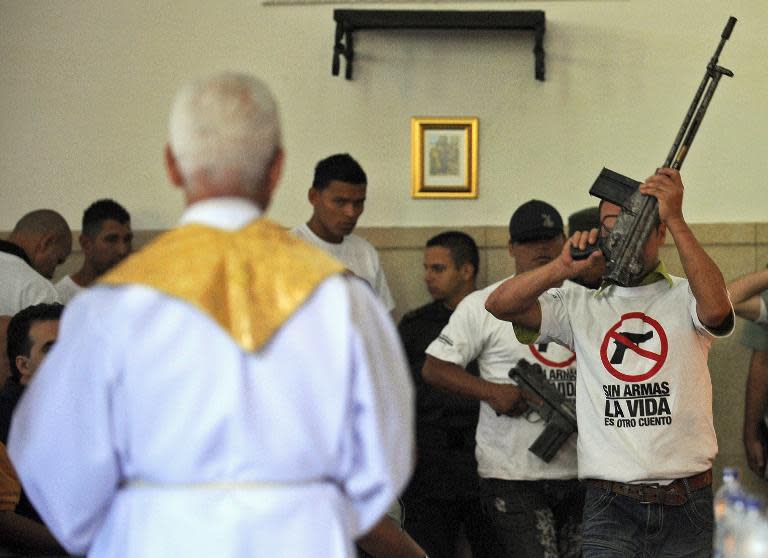By Ben Kopp
Impunity Watch Reporter, Europe
BRUSSELS, European Union – The European Union Anti-Corruption Report, a first of its kind, highlighted “breathtaking” corruption across the EU. The report offered suggestions to help reduce corruption.

While presenting the European Union Anti-Corruption Report, EU Home Affairs Commissioner Cecilia Malmstroem stated that corruption in the EU costs the bloc’s economy 120 billion euros per year. That amount is roughly the same as the EU’s annual budget. Malmstroem called the extent of EU corruption “breathtaking.”
The first-of-its-kind report analyzed all 28 EU Member States, looking into existing measures, problems, and successful policies related to corruption. Over three-fourths of surveyed persons in the report said they believed corruption is widespread in their own country. More than a half added that corruption levels were on the rise.
The report suggested more accountability standards, control mechanisms in public authorities, improve the effectiveness of courts and police, protection for whistleblowers, more transparent lobbying practices, and increased transparency through e-tools.
The EU Commission plans to meet with all Member States, European Parliament, and national parliaments to discuss and work on recommendations discussed in the report. A follow-up report is being planned for about 2016 to measure European progress.
“There are no corruption-free zones in Europe,” Malmstroem said.
While carrying the lowest levels of witnessed corruption, Finland and Denmark each had three percent of respondents claim that corruption in their country was widespread.
Greece and Italy ranked as the top countries in which respondents believed corruption was widespread; Lithuania, Spain, and the Czech Republic tied for the third place ranking. The report highlighted that countries behind in their scores of “perceptions and actual experience of corruption” include Croatia, the Czech Republic, Lithuania, Bulgaria, Romania, and Greece.
“In these countries,” the report stated, “between 6 and 29 percent of respondents indicated that they were asked or expected to pay a bribe in the past 12 months, while 84 percent up to 99 percent think that corruption is widespread in their country.”
When it came to doing business in the EU, more than 40% of companies claimed that corruption is a problem for European operations.
In a press conference, Malmstroem said that corruption destroys democracy and the trust in public institutions. “It undermines our internal market, it hampers foreign investment, it costs taxpayers millions, and in many cases it helps organized crime groups do their dirty work.”
While Bulgaria, Romania, and Italy were noted hotspots for organized crime, white-collar crimes and VAT fraud were deemed widespread in many EU countries.
“The price of not acting is simply too high,” Malmstroem concluded.
For further information, please see:
RT – Cost of Corruption across EU Equals Its Annual Budget – EU Commission – February 4, 2014
AFP – ‘Breathtaking’ EU Corruption Costs 120 bn Euros a Year – February 3, 2014
BBC – Corruption across EU ‘Breathtaking’ – EU Commission – February 3, 2014
Irish Independent – Corruption Costs EU £99bn a Year – February 3, 2014
New York Times – Study Details Graft in European Union – February 3, 2014

